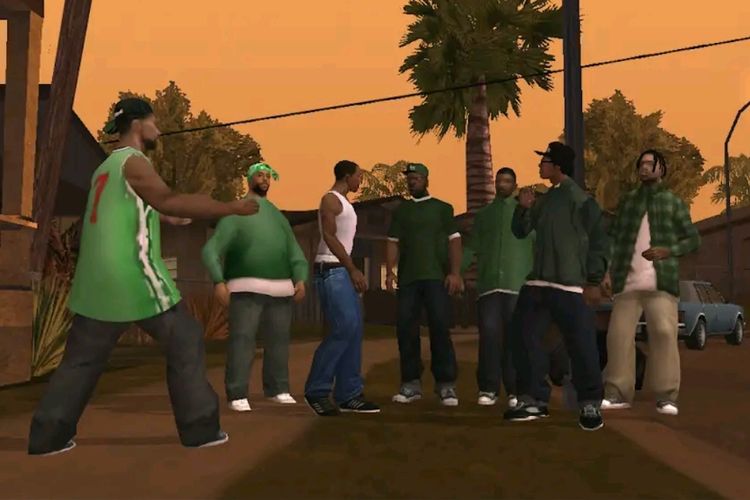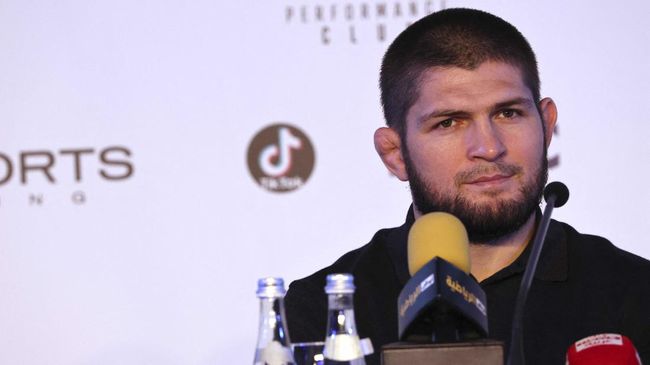“Russia is a dramatic country,” the renowned Russian conductor Valery Gergiev told in 2003 de Volkskrant† ‘If you live in the Netherlands, you have no idea what instability means. From the late 1980s to the deep 1990s, Russia did not have a day of rest. no day† Then you say thank you to the man who provided stability.’
That man was called Vladimir Putin and he is still president of the Russian Federation. With the brutal invasion of Ukraine, he could abruptly stifle the glittering career of Valery Gergjev (68). Because for a few days now it has been raining cancellations and ultimatums for the Russian who is one of the world’s busiest and most famous conductors.
He was not welcome in New York this weekend for three performances at the legendary concert hall Carnegie Hall. He also received a shot from Munich. If Gergiev does not distance himself from the war in Ukraine by Monday at the latest, he will lose his well-paid job as chief conductor of the Munich Philharmonic. Similar demands are heard from the Italian opera house La Scala, the Vienna Philharmonic, the Elbphilharmonie in Hamburg, the festivals of Lucerne and Baden-Baden.
The Rotterdam Philharmonic Orchestra also issued a press release on Friday. Gergiev worked there as a chef between 1995 and 2008. Today he is honorary conductor in Rotterdam and artistic director of the annual Gergjev Festival. Here too the message is: distance yourself from Putin’s war, or say goodbye to us. ‘We would first like to speak to Gergiev himself,’ says the Rotterdam orchestra director George Wiegel. ‘We deliberately leave the door open to see: does a conversation solve something, or does it just harden?’
commemorative concert
Because yes, in recent years Gergiev has consistently expressed his loyalty to President Putin. In 2008, after Russian rumblings in Georgia and Abkhazia, he conducted a memorial concert for the dead – on the Russian side. In 2013, he garnered worldwide commotion via de Volkskrant, who asked him about his position on the controversial introduction of anti-gay laws in his homeland. ‘In Russia we do everything we can to protect children from pedophiles. This law is not about homosexuality, but is directed against pedophilia.’
Then 2014: Gergiev’s name appeared under an open letter supporting Russia’s annexation of Crimea. The conductor had not signed himself, he later said, he had only been contacted about it by telephone. For many, Gergiev has been definitively regarded as a ‘Putin friend’ since he showed up as a conductor in 2016 among the Roman ruins of Palmyra in Syria, the country where Russia had dropped bombs ruthlessly.
The president and the conductor met in Saint Petersburg, the city where Putin’s political career began in 1991. Gergjev’s career was already gaining momentum after he took over in 1988 as artistic director of the Kirov Opera, today’s Mariinsky Theater. He expanded the opera and ballet company on a large scale with state support. In 2007 Gergiev opened a new concert hall and ‘Mariinski 2’ followed in 2013, an extra theater hall that was built for a sloppy 500 million euros. Anyone who suggested that it was a handshake with Putin received a civilized response. “A simplification,” said Gergiev. ‘The Mariinski delivers fairly high quality. That’s why Putin pays attention to us.’
Concertgebouw
Besides Putin, the Netherlands also played an important role in Gergjev’s career. In 1987 – Russia was still called the Soviet Union – the concert series Matinee on the Free Saturday (the current NTR Saturday Matinee) brought a young, promising Russian to the Amsterdam Concertgebouw. Gergiev conducted one of his first performances outside the Eastern Bloc.
A year later he made his debut with the Rotterdam Philharmonic Orchestra. In 1995 he was awarded the Wolfert van Borselenpenning, awarded to people who play a prominent role in the city. In 2005 Gergiev was appointed knight in the Order of the Netherlands Lion. In 2008 he was succeeded as chef by the Canadian Yannick Nézet-Séguin, the conductor who took over Gergjev’s baton last weekend for concerts with the Vienna Philharmonic in New York.
To save his career in the West, Gergiev will have to do the almost impossible: to formulate a statement that satisfies Western claimants and does not offend the almighty Putin. No sign of him has been heard since the invasion of Ukraine. Also in Rotterdam they are still waiting for a phone call from their honorary conductor. ‘I expect that he will not react’, says orchestra director Wiegel. ‘Gergjev is caught between various interests. He can never abandon the Mariinsky Theater, too many people work there who all depend on him.’
If Gergiev becomes the pariah of the international podiums, Vladimir Putin would not have seen it well in St. Petersburg at the time. ‘I serve my term and disappear,’ said the politician, ‘but Valery Gergiev will last forever.’
Three times Valery Gergjev
Absolutely no aptitude
In the city where he grew up, Vladikavkaz in North Ossetia, Valery Gergiev was refused entry to music school. “Your son is a nice lad,” his mother was told, “but he has no talent at all.” Via via he ended up at the Leningrad Conservatory.
Notorious workhorse
No busier conductor than Valery Gergiev. He managed to rehearse in Rotterdam in the morning, step on the box in the afternoon in Cologne and fly on to Vienna for an evening concert. Downside: he falls asleep during boring interviews.
Proud of Mariinski
‘Imagine: The Nutcracker, the most popular ballet ever, was born on our stage. Mussorgskys Boris Godoenov was born on our stage. Operas like Chovansjtsjina, Prince Igor, queen spade – we cherish an incredible tradition.’
–
–
An earlier version of this article stated that Gergiev was born in Vladikavkaz. That’s not right, he grew up in Vladikavkaz, and was born in Moscow.
–


